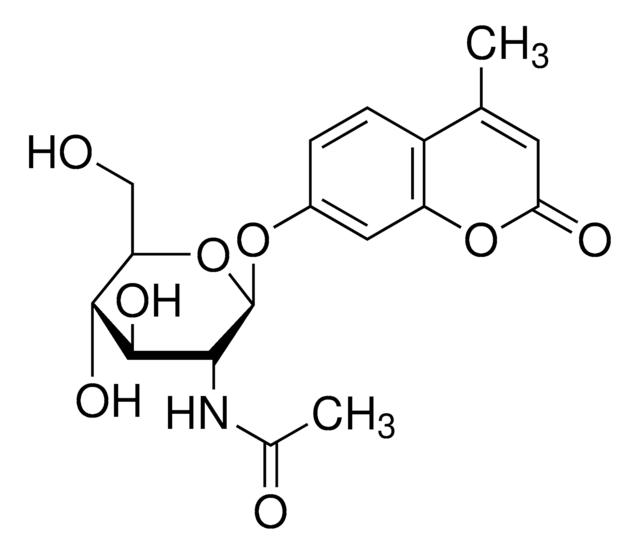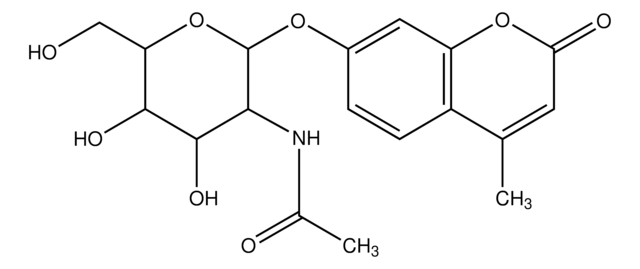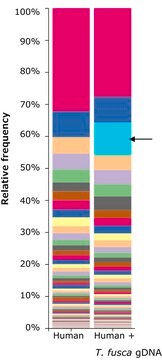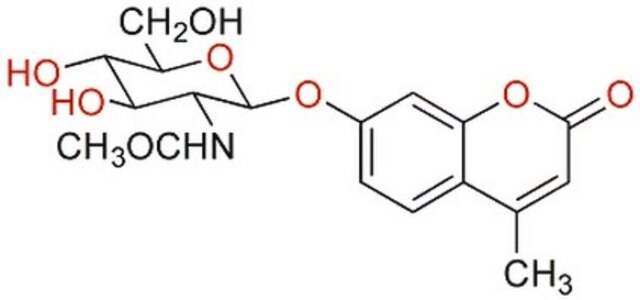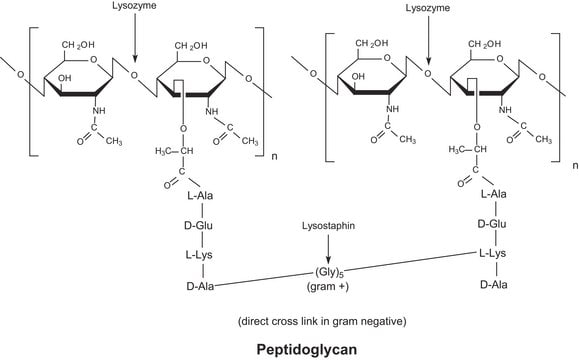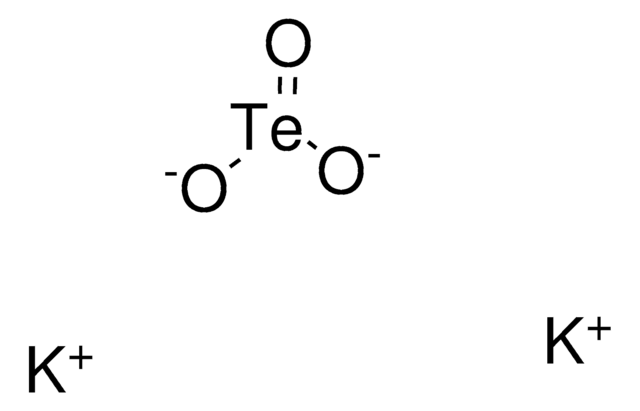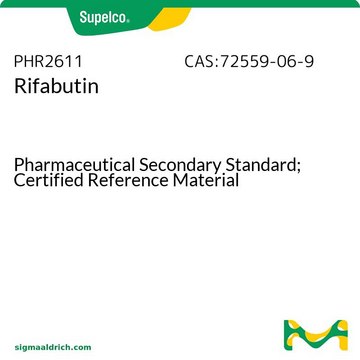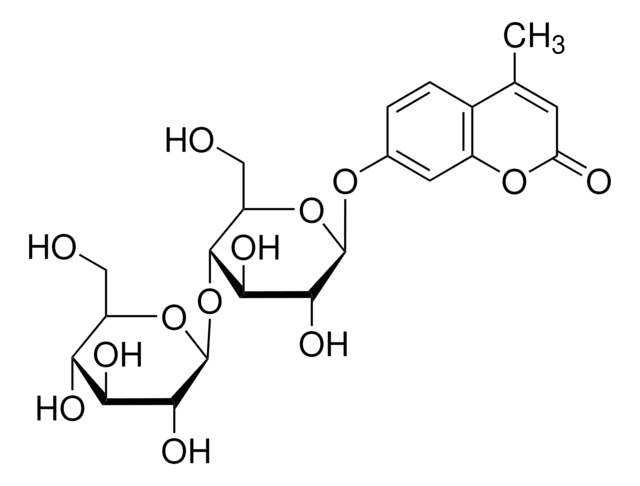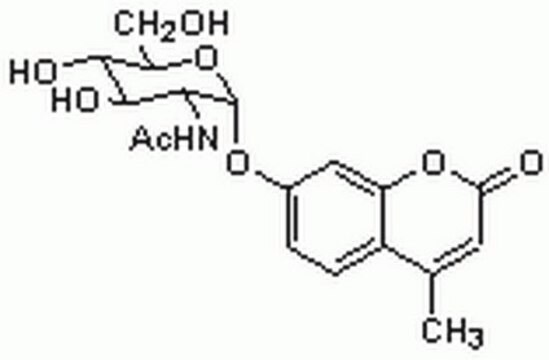M8195
Monoclonal Anti-phospho-MDMX (pTyr99) antibody produced in mouse
~2 mg/mL, clone PH-MDMX-169, purified immunoglobulin, buffered aqueous solution
Synonyme(s) :
Anti-HDM4, Anti-HDMX, Anti-MDM4, Anti-MGC132766, Anti-MRP1
About This Item
Produits recommandés
Source biologique
mouse
Conjugué
unconjugated
Forme d'anticorps
purified immunoglobulin
Type de produit anticorps
primary antibodies
Clone
PH-MDMX-169, monoclonal
Forme
buffered aqueous solution
Poids mol.
antigen ~80 kDa
Espèces réactives
human
Conditionnement
antibody small pack of 25 μL
Concentration
~2 mg/mL
Technique(s)
indirect ELISA: suitable
indirect immunofluorescence: suitable
western blot: 1-2 μg/mL using total cell extract of HEK-293T cells co-transfected with human MDMX and a specific kinase
Isotype
IgG2b
Numéro d'accès UniProt
Conditions d'expédition
dry ice
Température de stockage
−20°C
Modification post-traductionnelle de la cible
phosphorylation (pTyr99)
Informations sur le gène
human ... MDM4(4194)
Description générale
Spécificité
Immunogène
Application
- enzyme-linked immunosorbent assay (ELISA)
- immunofluorescence
- immunoblotting
Actions biochimiques/physiologiques
Forme physique
Stockage et stabilité
Clause de non-responsabilité
Vous ne trouvez pas le bon produit ?
Essayez notre Outil de sélection de produits.
Code de la classe de stockage
10 - Combustible liquids
Classe de danger pour l'eau (WGK)
WGK 3
Point d'éclair (°F)
Not applicable
Point d'éclair (°C)
Not applicable
Équipement de protection individuelle
Eyeshields, Gloves, multi-purpose combination respirator cartridge (US)
Certificats d'analyse (COA)
Recherchez un Certificats d'analyse (COA) en saisissant le numéro de lot du produit. Les numéros de lot figurent sur l'étiquette du produit après les mots "Lot" ou "Batch".
Déjà en possession de ce produit ?
Retrouvez la documentation relative aux produits que vous avez récemment achetés dans la Bibliothèque de documents.
Notre équipe de scientifiques dispose d'une expérience dans tous les secteurs de la recherche, notamment en sciences de la vie, science des matériaux, synthèse chimique, chromatographie, analyse et dans de nombreux autres domaines..
Contacter notre Service technique